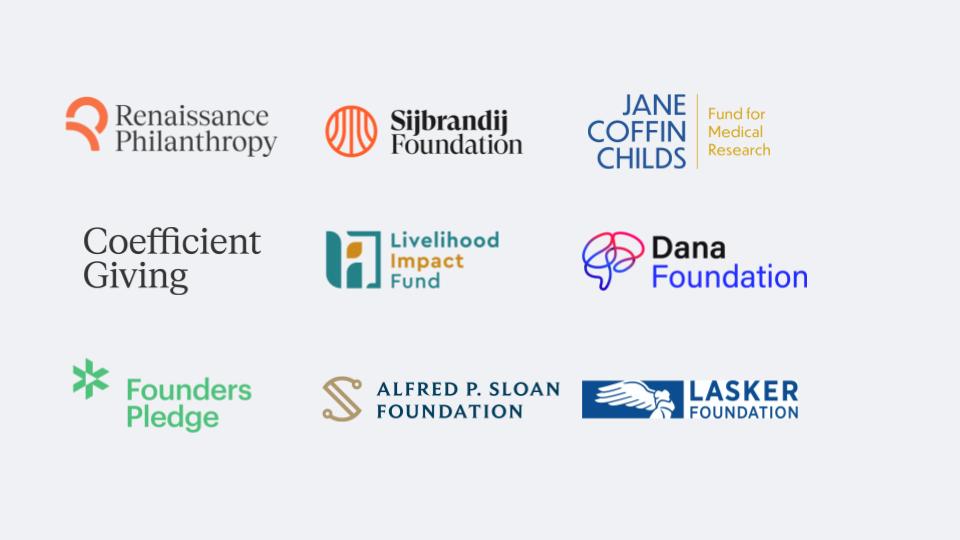Increasing the ability of people to move and work where they want is important for a range of societal goals, including:

Talent Mobility Fund is funded by a number of generous donors. We are looking for additional individual donors or institutions to join the Fund.
Are you a potential donor interested in learning more about the Fund? Schedule time with our team here.


The Talent Mobility Fund aims to increase the use of existing, legal immigration pathways to the U.S. These include routes that:
▪ Enable global experts to contribute their skills in science, technology, healthcare, and other critical sectors through work authorization channels designed for highly qualified professionals.
▪ Open education-to-career pathways that allow students from the Global South to pursue higher education or apprenticeship programs, often followed by opportunities to transition into the workforce.
▪Support early-career researchers and innovators by connecting them with industry and academic placements that strengthen both host institutions and global talent pipelines.
By focusing on raising awareness, reducing barriers to entry, and building tools that improve navigation of these systems, we aim to ensure that existing mobility opportunities are more widely understood and more equitably accessed.
Interested in visa pathways to countries other than the United States? Contact The Migration Opportunity, which aims to leverage diverse immigration pathways to OECD countries to address global challenges such as youth unemployment, poverty, demographic decline, and workforce shortages.
The Talent Mobility Fund is grateful for support from a number of donors. We are looking for additional individual donors or institutions to join the Fund. Please email Diane Rish, our Deputy Director, to learn about opportunities to contribute.
The grants review and selection process is managed by our Director and Deputy Director, with input from advisors on our experts council made up of domain area experts. All our grants are judged on the basis of a rubric. We use a rubric specific to our U.S. STEM Immigration ecosystem goals. In summary, we evaluate proposals on the basis of four criteria:
You can email Diane Rish, our Deputy Director, with any questions.
You can apply for funding here. Before completing the grant proposal application, we strongly encourage you to first prepare a brief concept note and share it with Diane Rish for initial review and feedback.
